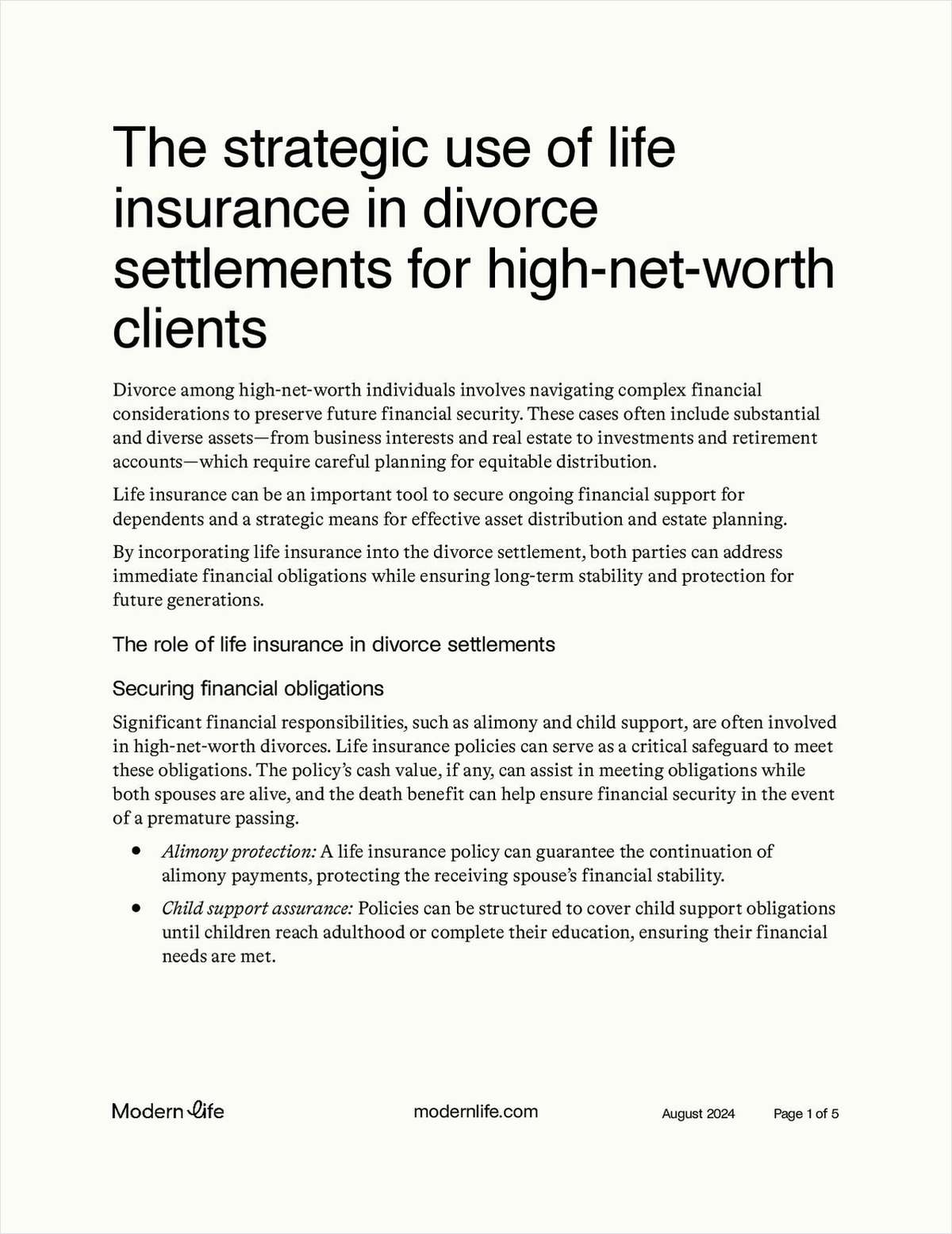A week ago, I wrote an article about an insurer that's trying to use a new approach to pricing its long-term care insurance (LTCI) business.
A beloved reader, Geom Guy, wrote, "Hopefully these carriers will have a MORE REALISTIC pricing going forward."
I started to write a reply from the heart, then tried to figure out how to put disclaimers on my reply to somehow create the illusion, going forward, that I'm objective about all of this, then realized: Who am I kidding?
I'm objective about gravity, and reasonably objective about Republicans versus Democrats.
I'm not objective about whether cute babies or good, or whether some guy who's trying to strangle me should get to keep strangling me. There are limits to objectivity.
For me, one limit has to do with the idea that LTCI carriers were unusually unrealistic about pricing.



